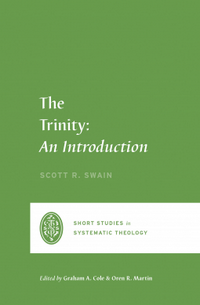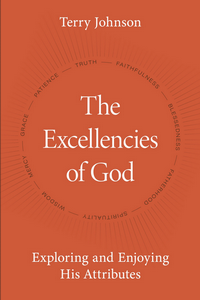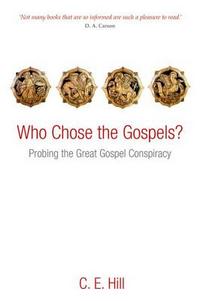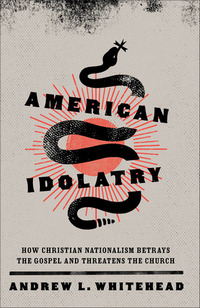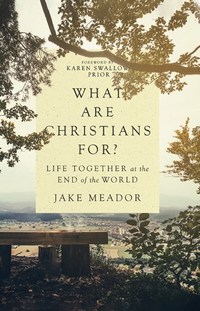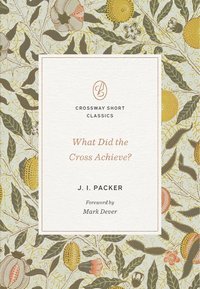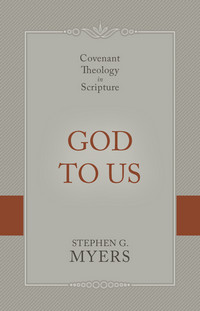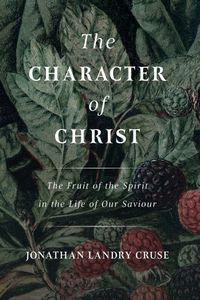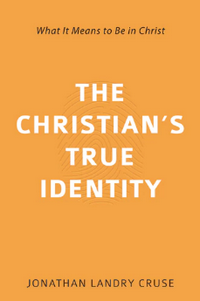by Stephen G. Myers
DETAILS:
Publisher: Reformation Heritage Books
Publication Date: November 27, 2021
Format: Hardcover
Length: 310
Read Date: June 11-August 22, 2023


Disclaimer
Some friends and I read this book at the same time, getting together to talk about it periodically. So it’s entirely possible, even likely, that some of what I say in this post is a thought borrowed from someone else. This will particularly be true if I say something insightful or interesting.
What’s God to Us About?
This is, pretty simply, an introduction to Covenant Theology. Myers defines covenant in his introduction (with special focus on the words used, and meanings suggested, in the Old Testament, New Testament, and Septuagint). From there, he gives a brief history of the development of Covenant Theology throughout Church History, which is probably worth a book unto itself—but this chapter serves well enough.
From there he looks at the three predominant covenants in Scripture/Theology—the Covenants of Works, the Counsel of Peace, and the Covenant of Grace. He spends two chapters on the Covenant of Grace—one on understanding the covenant and then one on the circumstances surrounding the announcement of the Covenant and what we can learn from that (and this is one of those chapters worth the purchase price of the book alone). He then looks at the developing covenants that make up the Covenant of Grace—the Adamic, Noahic, Abrahamic, Mosaic, Davidic, and New Covenant. Myers then looks at Covenant Theology in the New Testament and then in The Church. The Mosaic Covenant is another Covenant that gets two chapters (the rest all get one)—the second looks at the ways the New Testament writers think about and use the Mosaic Covenant.
Highlights of the Book
I like to focus on one or two chapters that really stand out to me when talking about books like this. Myers made this very difficult for me—I’m tempted to say Chapters 2-12 were highlights, but that seems to be cheating. It’s true, though—there’s something in each of those chapters that made me sit up and pay attention in a way I didn’t expect.
I guess I would have to say that the chapter on the Noahic Covenant was particularly effective—usually, I tend to think (and think I’ve seen authors treat it this way) about the Noahic Covenant being something covered just to check a box between Adam and Abraham—it’s where the word covenant is first used, so we need to look at it, but it’s not that big of a deal. Myers won’t let you think that way, showing how it’s a pivotal step in Redemptive History—and I’ll not make that mistake again.
Chapter Nine, “The Mosaic Covenant in the New Testament,” is so vital and so important that I have to mention it. Not only does Myers help the reader understand what the NT is doing, but he also helps the reader avoid some of the more popular and prevalent errors regarding this understanding today. The same could be said for Chapter Eleven, “The New Covenant.”
And if I’m not careful, I’ll list the other chapters, too—so I’m going to move along.
Things I Wasn’t Crazy About
I’m not going into details, but Myers uses Gen. 6:18 extensively in his arguments about God establishing covenants in Genesis before the word “covenant” was used. He’s not the first to do so—O. Palmer Robertson mentions someone (some people? I don’t remember and am not going to go look it up) doing the same in a footnote in his 1987 book, The Christ of the Covenants. It seems to be a perfectly valid argument—but I wonder if Myers relies on it too much. Yes, he uses a multi-pronged argument, and Gen. 6 is just one of them—but it seems to be called to do more than it maybe can.
Secondly, and I know I didn’t catch this, that’d be one of the others I read it with. Myers uses the early chapters of Hosea to substantiate his position on what the exiles of the Northern and Southern Kingdoms mean for the Davidic Covenant (and the Covenant of Grace as a whole). There’s much to be commended for his position—but a lot of what he says about the early chapters of Hosea seems to differ from what Hosea says later on. Now, if I studied this portion of this book a bit more, I might have an easier time defending Myers’s position—but at first and second glance, he seems to stumble a bit here.
Lastly, and this is a very minor problem, the thirteenth chapter, “Covenant Theology and the Church,” is a bit of a letdown. Your results may (and likely will) vary. But for me, after twelve chapters with insights that impressed me when they didn’t teach me and/or helped me to think about Covenant Theology in a new way, to come across a chapter about the sacraments, Church membership, and related ideas that was as basic and straightforward as this just left me wanting more. I didn’t see any problems in what Myers said, but it all seemed a bit too obvious. He’s been sailing along
So, what did I think about God to Us?
I loved this book. I’ve read more books on Covenant Theology than I can easily count, and if this isn’t the best, it’s so close to it as not to matter. Myers gives his readers a thorough introduction to Covenant Theology as it came to the Protestant Church from the Reformation—particularly the English Reformation and the explanation offered by the Westminster divines and their contemporaries. His introduction is readable, clear, and helpful to the layman willing to put in a little work—but he’s not just repeating what the previous generations gave us, he’s looking at contemporary theology and insights as well.
Is it perfect? Nope. Are there more problems with it than those I mentioned above? Almost certainly. But it’s just so good that the flaws are forgivable. I learned a lot—even if it was just a better way to state what I’d already believed and understood—but I got much more than that from the book. It’s such a helpful work.
More than that—as all good theology should, it led me to doxology. That our Lord would condescend to His people in covenant is mind-blowingly gracious in the first place—that He does so to rebels in order that he could win them to Himself? That should drive us to worship. And the more we understand the gracious and remarkable nature of these covenants, the more we should be driven to it. Myers brings his readers to this point repeatedly—sometimes just by explaining something clearly—sometimes by applying his explanation to the reader to help us understand how it should make us reflect in worship.
I’ve tried to keep this brief and to resist the urge to dive deeply into some of the areas of the book that I would want to if this was the place for deep dives into Theology. But this is about books, so I’m not going to. I cannot say enough good things about God to Us. It’s just great. I’ve given it as a gift already, I will do so in the future as well as recommend it to anyone who asks for a good intro to the topic. Also, I commend it to whoever reads this post.

This post contains an affiliate link. If you purchase from it, I will get a small commission at no additional cost to you. As always, the opinions expressed are my own.

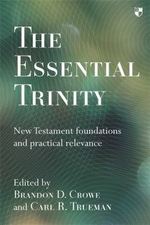 The Essential Trinity: New Testament Foundations and Practical Relevance
The Essential Trinity: New Testament Foundations and Practical Relevance



